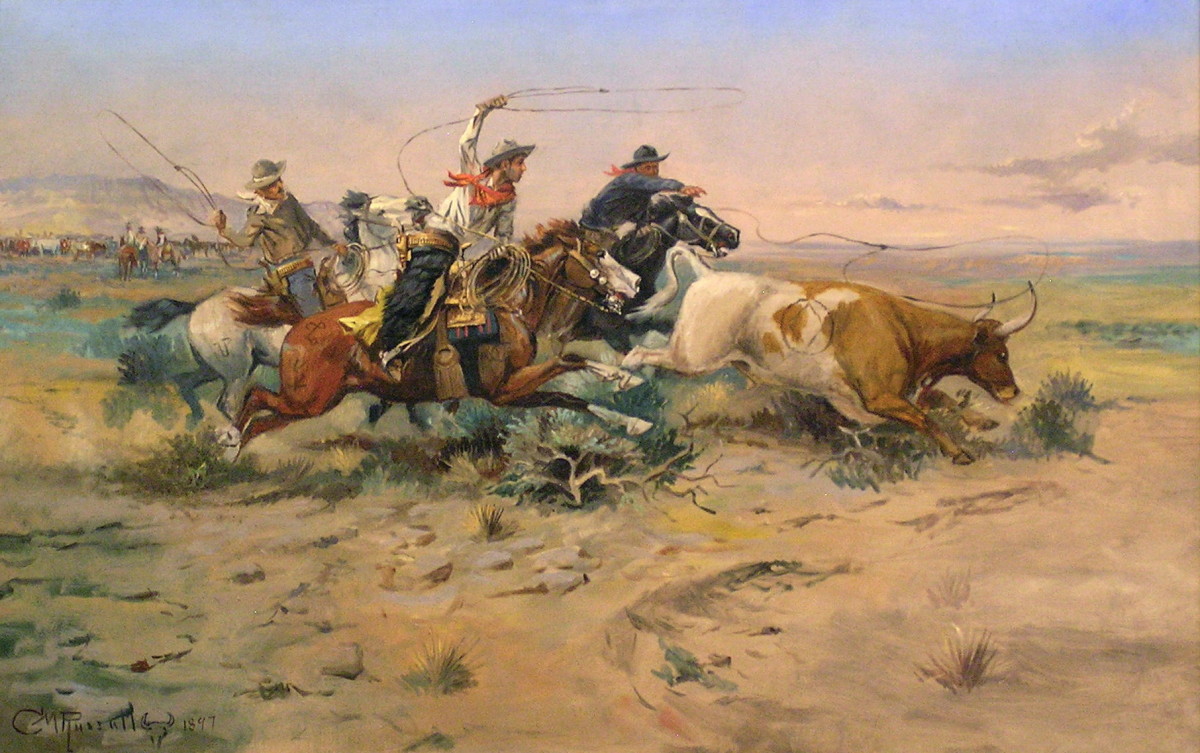Lincoln's First Inaugural Address
Why This Document
Lincolns First Inaugural Address references many other historical documents and speaks volumes that it doesn’t actually say, and the decisions that led from this to the Emancipation Proclamation are fascinating, but let’s not get into that. This is a powerful document with lots of “flag waving in the background” moments, which were carefully designed to convey this city on a hill idyllic nationalism.
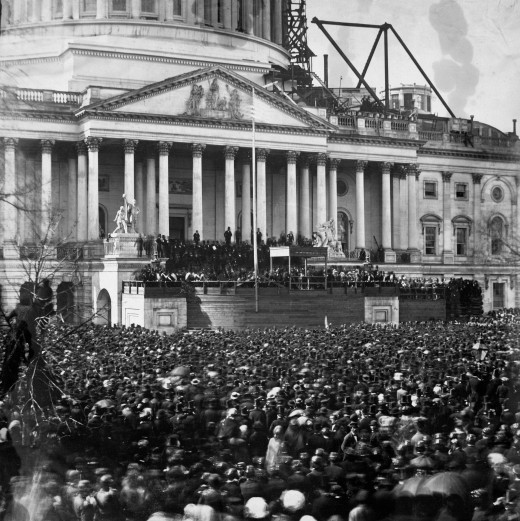
History, Context and Intro
To frame this document in history, in January 1861 the first southern states succeeded from the union, and in February, they put Jefferson Davis in charge. In March, Lincoln gave his address, and this is what he was addressing. Lincoln may or may not have wanted to end slavery when this speech was given, but when it was given, he wanted nothing more than to restore and preserve the union. He is speaking to the North directly, but his words are for the South.
To break down the meaning and structure of the document, we’ll start at the beginning. Lincoln starts with essentially “I’m only going to talk about what you’re all thinking about,” and he does just that. He says, speaking to the North but for the South, that he has no intention of outlawing slavery, and that he intends to uphold the controversial fugitive slave act. He is metaphorically walking towards the south with his hands out in a let’s-be-friends gesture. He then speaks of the “vital element of perpetuity” which is the idea that the US gets its glory and power from its unity and continuity. He goes on to say that the Constitution can’t cover every possibility, specifically about whether the Constitution prohibits or affirms slavery. This raises the question of what he was referring to in the beginning when he said “I believe I have no lawful right to do so” about eliminating slavery. Was he speaking “I” as in the president has no right to make or pass laws in general, or was he saying he didn’t intend to support Congress doing so, because he thought it was unconstitutional or unlawful for any power to outlaw slavery? If the first, then he later violated that idea for the sake of the union, and if the latter, then the same but on a more direct level.
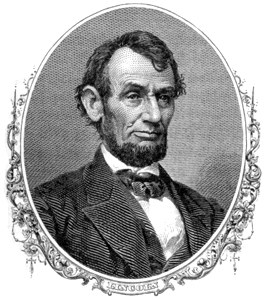
Lincoln's Argument
He goes on to systematically lay out reasons the Confederacy is a bad idea, it sets a precedent of dividing when you don’t agree, which he says can only end in anarchy or despotism, which was a brilliant word to use, since the despotic rule of England was still fairly fresh in the country’s history. He also says they have to respect the Supreme Court’s decisions whether they agree or not, because again, chaos and ruin. He then calls out the Southerners who are saying this isn’t about slavery it’s about states’ rights, by cutting through with “This is the only substantial dispute.” He points out that the nation can’t physically split and that they’ll have to make peace anyways so they might as well do it as a unit. I really like this document because most of it is Lincoln speaking to the South like a bad runaway child that he’s disappointed in but still loves. By this metaphor, he closes with, now son, take your time to make up your mind, I won’t be mad if you come back and I promise not to hurt you while you’re deciding, but if you come back and hurt me, then I have no choice but to discipline you. Then he begrudgingly says goodbye and hangs up, knowing the bad son isn’t really convinced, but hoping he’ll change his mind. (Spoiler: he doesn’t change his mind).
A Reading of Lincoln's First Inaugural Address
The Power of Phrasing
Lincoln makes a lot of patriotic references. In one paragraph, he goes from the Articles of Association to the Declaration of Independence to the Articles of Confederation and ends on the Constitution citing “A more perfect Union” Lincoln says “Fraternal sympathies and affections” which is reminiscent of the City on a Hill speech, “This country, with its institutions, belongs to the people who inhabit it,” is a precursor to “of the people, by the people, for the people,” as Lincoln says later in his Gettysburg Address.
The last paragraph is famously perfect, “Though passion may have strained, it must not break our bonds of affection” Every word in this was very carefully chosen. Passion- brings thoughts of love and war and fallen heroes and brotherly bonds. May- resists assuming that every citizen of the South is entirely anti-Union. Strained- stretched, pulled and hurting but not broken or separate or over, strained is one step away from reconciled in a relationship. Must not- we have no options, we can’t let this happen, this isn’t a question, it is a statement, we must stay united. Break- the opposite of strained, the thing that must not happen but hasn’t happened yet, we can’t fully separate. Bonds- again, brotherly, togetherness, familial. Affection- this is the parental Lincoln telling the naughty runaway that he still loves them.
And here, we have the words that changed the world. “The mystic chords of memory” Books have been written on this phrase. It means every battle, every lost loved one, every victory, every invention, everything that the US has experienced, has been as one, a whole Union. I read this and Taps starts playing in the background, it is loss and joy and brotherhood in five words. He goes on, “stretching from every battlefield and patriot grave to every living heart and hearthstone,” more pointed loss and joy contrast and emotion, this is personal and close especially if you consider how much of the US has been a battlefield at this point, “will yet swell the chorus of the Union” Swell is a word that brings images of incomprehensible vastness, chorus as in angels or united voices, and Union. Union has so much more feeling tied to it as a word alone than Confederacy. Maybe that is just my feelings looking back on history and they were the same now. But we don’t celebrate the Confederacy of man and woman, we celebrate their union. Laborers did not call themselves confederates when they grouped up, they called themselves unions. And we never were the Confederate States of America, we were United from the beginning. And the last line, “when again touched, as surely they will be, by the better angels of our nature.” “Surely they will be,” like “must” is not a question it is an answer. “The better angels of our nature,” He ends on a Godly and parental note, saying “I trust you to do what it Right, please don’t disappoint me.”

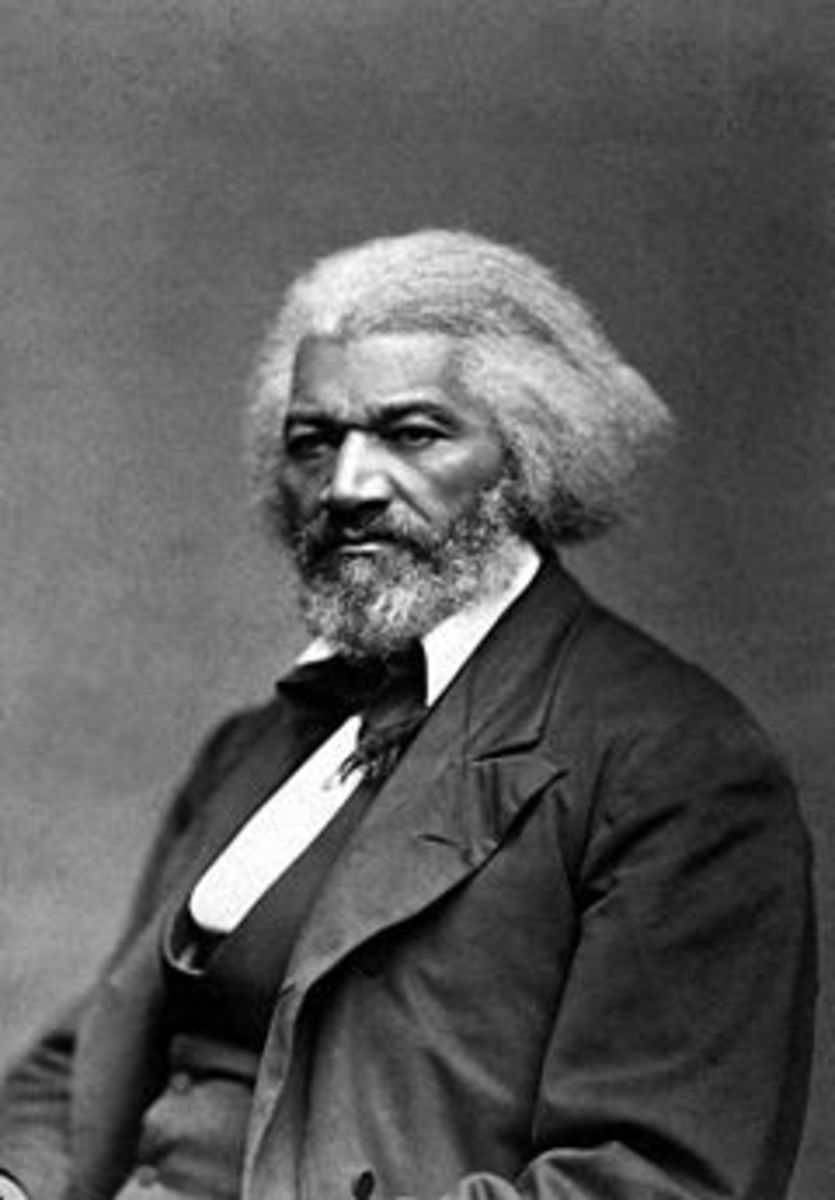
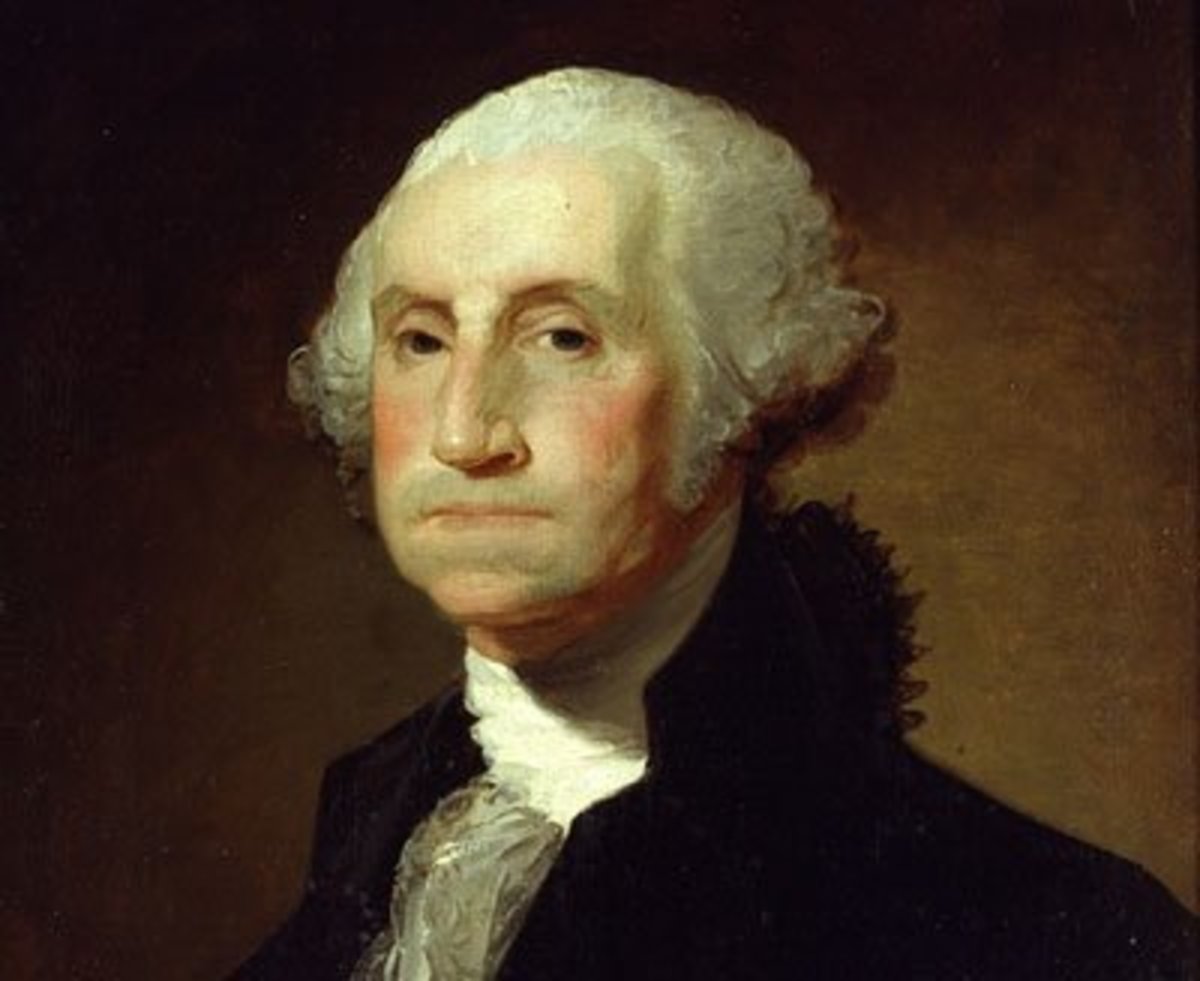

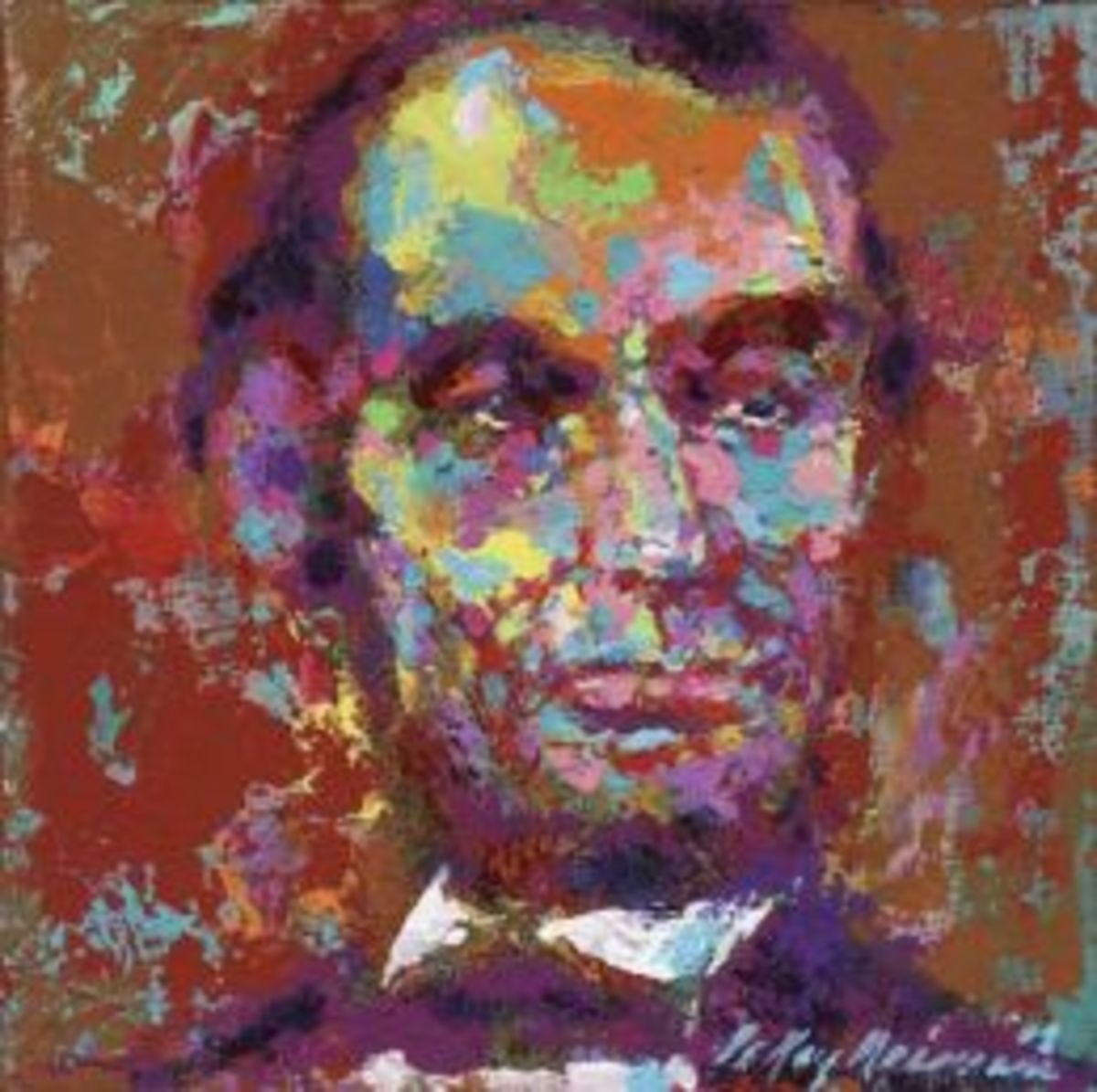
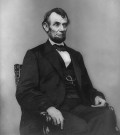
![5 Reasons Why Music is Important in any Society [Updated 2020] 5 Reasons Why Music is Important in any Society [Updated 2020]](https://images.saymedia-content.com/.image/t_share/MjA0NjIzNTE4NDE4MTUxMzUz/why-is-music-important.png)

